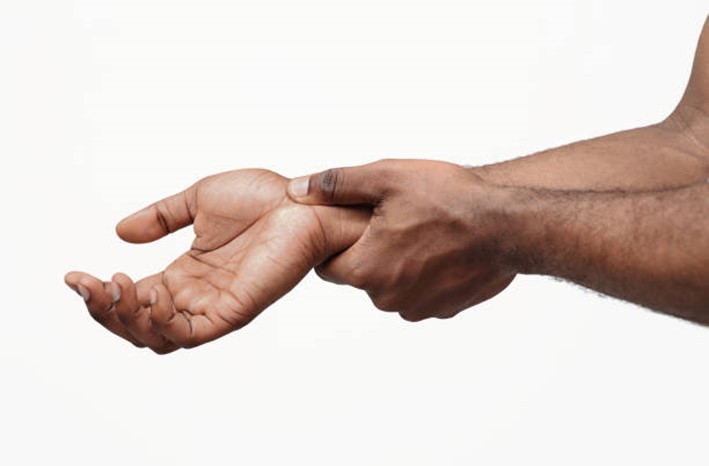
WRIST PAIN
- 2024-07-26 01:09:13

Postpartum refers to the period of time right after childbirth.
During this period, physiotherapists are essential in preventing and managing pain and complications that may develop after delivery.
Other than pain relief and benefits of physiotherapy postpartum include:
Causes of postpartum pain
Oedema is the medical term for swelling.
Often after childbirth, some women experience swelling or oedema of their feet. This may come along with pain.
This is a condition in which the abdominal muscles separate during and after pregnancy.
During pregnancy, the abdominal muscles are stretched to create room for the growing baby. Diastasis recti occurs when the connective tissue between the abdominal muscles doesn’t come back together.
It often presents as a bulge that protrudes right above or below the belly button and is noticed during the postpartum period.
Presence of this diastasis recti would lead to difficulty in lifting objects, walking, hip and or low back pain.
Physiotherapy Interventions
These exercises are essential in relieving the pressure off the low back muscles to relieve pain.
These include kegel exercises that strengthen the pelvic floor muscles. This helps in preventing stress urinary incontinence.
Stress incontinence is involuntary leaking of urine with activities that increase abdominal pressure such as sneezing, coughing, laughing or sneezing.
Deep breathing exercises are essential in building core stability.
These help in building the core to correct diastasis recti and ease difficulty of lifting objects and low back pain.
A Physiotherapist teaches a patient correct body mechanics when; lifting heavy objects, sitting, breastfeeding, and activities of daily living such as toileting and washing the baby.
This is essential in preventing and managing low back pain.